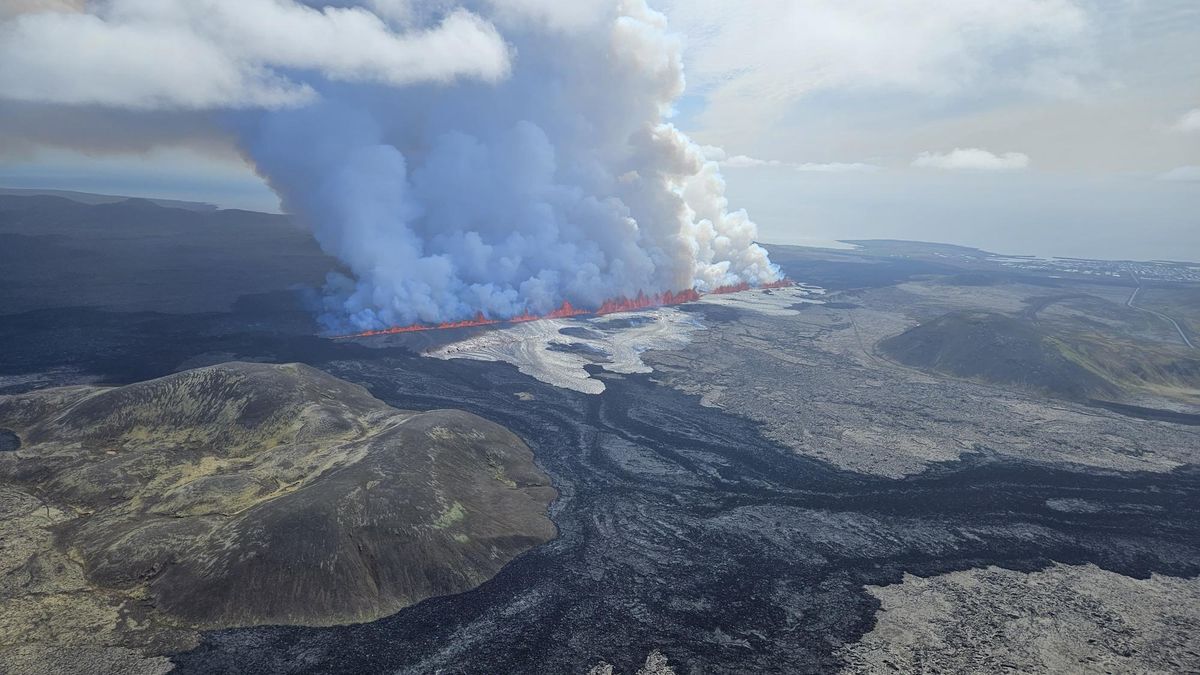

Well, as things stand, there’s no right in customary international law to a radio frequency. If Russia wants to produce disruption, Russia basically can. It’s going to annoy countries, but there isn’t really a lot that can be done aside from pressure, sanctions and such. Hell, even if there were such a right, it’d ultimately need to be backed up by ability and willingness to use force at some level, by someone. I’m not sure that countries are willing to wage war over radio broadcasts, no matter how disruptive.
In theory, a country could probably run a pretty powerful broadcast off a ship. So I don’t think that Kaliningrad is even all that special here – Russia could be doing the same even if it didn’t have a little enclave of territory and didn’t mind annoying whoever is using the signal.
My guess is that Russia will stop when the war ends. That is, my assumption is that Russia isn’t willing to do peacetime jamming for the purpose of just being obnoxious.
If it’s enough of a problem, it’d probably be possible to set up navigation systems that are more-limited, don’t have the degree of military utility of something like GPS. Maybe reactivate LORAN, say.
In the case of transatlantic aircraft, I’d assume that those normally have INS navigation systems; while limited in accuracy, those should be usable as a backup to GPS in most roles.


















So, I’m not sure what the rationale is – it might be worrying about long-range drones, like those light aircraft, flying around Belarus, but I’ve definitely seen some sources say that they believe that the Kaliningrad jamming is a function of the war.
This article, from late May, has the Finnish government saying that they believe that it’s related to the war.
https://www.politico.eu/article/gps-jamming-is-a-side-effect-of-russian-military-activity-finnish-transport-agency-says/